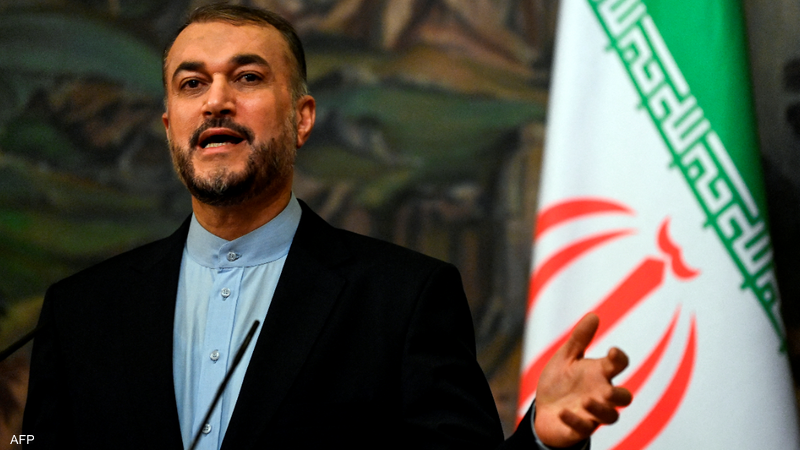
-
Published: 07 August 2022

After Josep Borrell, the European Union's High Representative for Foreign Affairs, announced the submission of a draft understanding for all parties to the Joint Comprehensive Plan of Action on the exact reduction of sanctions on Iran in exchange for the nuclear steps needed to get the Iran nuclear deal back on track.
Iran's Minister for Foreign Affairs, Hussein Amir Abdullahian, stressed that his country continued to cooperate with the IAEA and urged it to commit to resolving protection issues technically.
"Iran's cooperation with the IAEA continues, but we believe that the Agency should move away from perverse and non-constructive political issues and fully resolve the remaining protection issues through the technical path," a statement from the ministry said on Sunday.
Abdul Lahian stressed that Tehran was "earnestly pursuing a strong and stable agreement and, to that end, affirmed that it was pursuing negotiations in Vienna seriously", stressing that the outcome of the negotiations depended on the willingness of the United States to reach an agreement through their "necessary flexibility and realism in practical implementation".
The Iranian minister added: "We have a serious and genuine will to reach a strong and lasting agreement and we have shown that."
For his part, Guterres said that the United Nations "has shown its willingness for the parties to make efforts to close Iran's nuclear file, and we have assured the European and American sides as well."
Guterres stressed the need to eliminate nuclear weapons from the world and to rid the Middle East of weapons of mass destruction.
The United Nations was pursuing "compromises and flexibility in relations with the parties to the talks at this stage".
During the talks currently under way, Tehran was focusing on the issue of the lifting of sanctions and stressed that it would not accept a new agreement or undertake any more commitment than the agreement's original wording.
